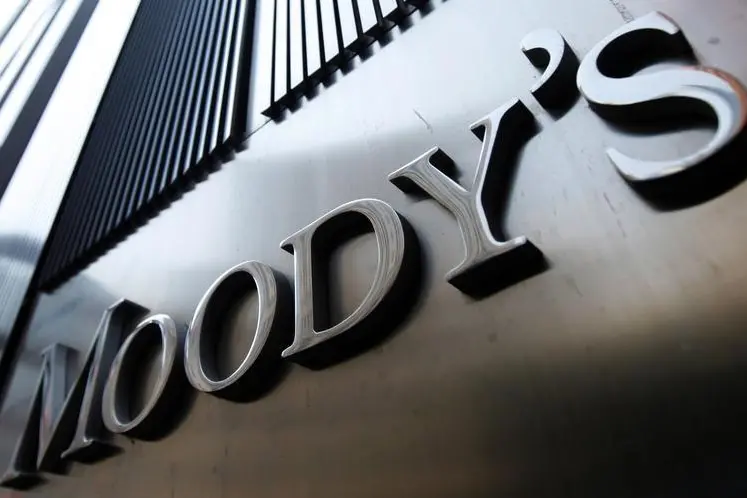PHOTO
Moody’s Investors Service expects GCC governments to continue diversifying their economies and investing in non-hydrocarbon sectors. This will benefit real estate, tourism, and construction, supporting asset quality for banks.
While capital levels are expected to remain stable, declining interest rates may pressure profitability. Deposit growth will remain the primary funding source, though some banks, particularly in Saudi Arabia, may increase reliance on market funding.
Moody’s noted that government support for banks is likely to continue, but fiscal constraints could limit the extent of such support in some cases.
Upgrading its global outlook for banks to stable from negative, Moody’s Investors Service cited expectations of stabilising economic growth and monetary easing.
However, the ratings agency warned that geopolitical tensions, trade disputes and potential policy shifts in the United States could introduce significant uncertainty and risk.
“We have changed the global outlook for banks to stable from negative, reflecting our expectation that stabilisation of economic growth and monetary easing will support operating environments for banks, alleviate pressure on their asset quality and help their deposit growth recover. However, geopolitical conflicts, trade tensions and post-election policy changes in the US create significant uncertainty and risks,” said David Yin, vice-president and senior credit officer at Moody’s Ratings.
The global outlook for banks could improve if major economies experience strong growth, geopolitical tensions ease, and commercial real estate markets recover. Conversely, an escalation of geopolitical conflicts, a resurgence of inflation, and tighter monetary policy could lead to a negative outlook.
Copyright 2022 Al Hilal Publishing and Marketing Group Provided by SyndiGate Media Inc. (Syndigate.info).





















